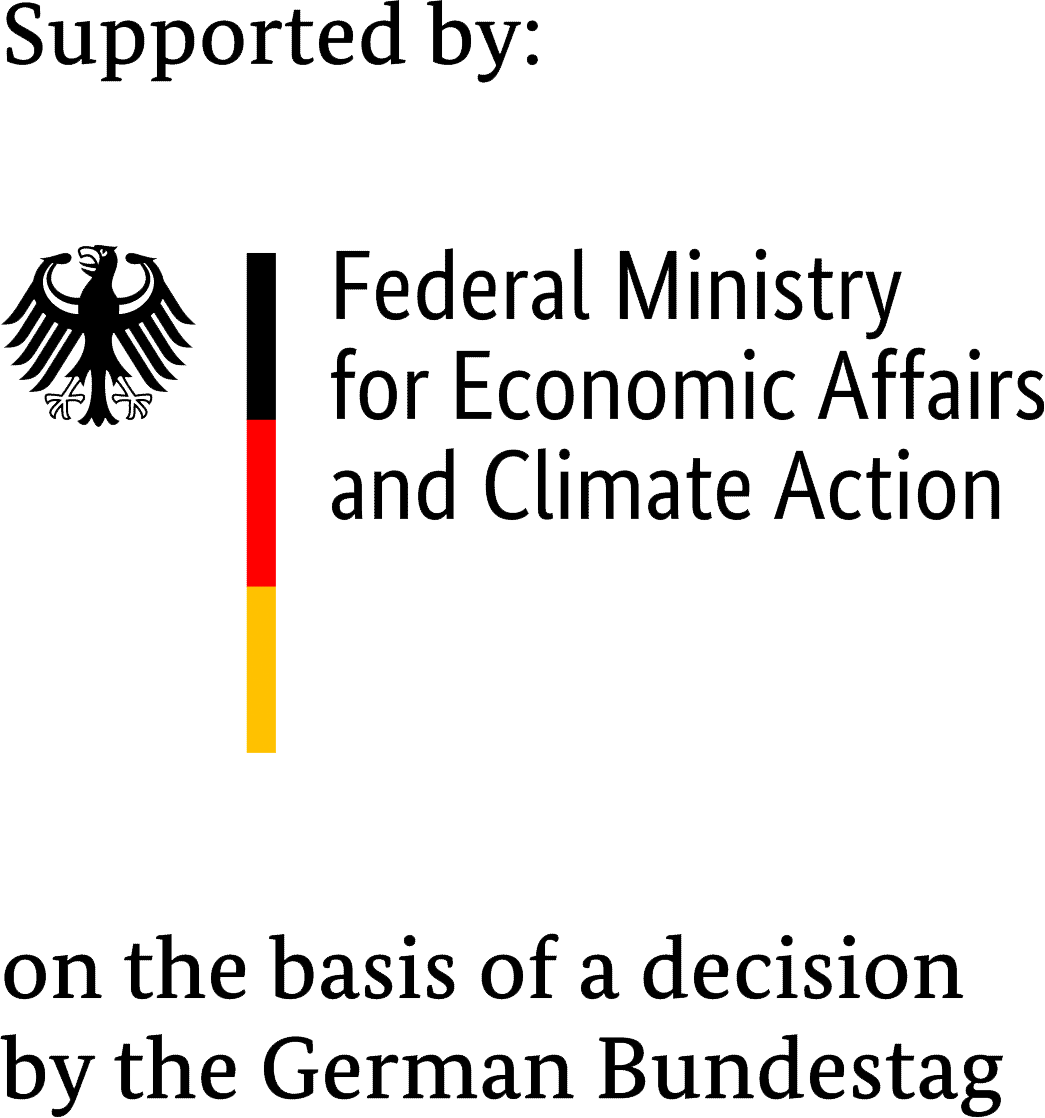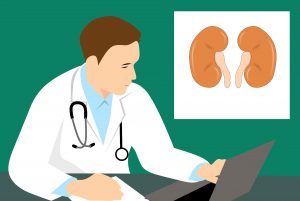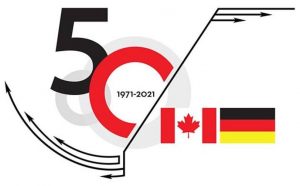In this series of articles, two patients John and Jenny (aliases) will share their personal patient journey with us. We are very thankful for sharing their personal experiences and it sheds some light on the broad spectrum of kidney disease. This part focuses on the post-transplant time after completed surgery focusing on recovery and regular check-ups.
Furthermore, thanks to the contributing experts from our partners for their input for this article: Dr. Marcel Naik (Charité), Aadil Rasheed (HPI), Dr. Mozhgan Bayat (HPI), and Dr. Matthieu-P. Schapranow (HPI). Images by Elf Moondance, Mohamed Hassan.
Recovering after surgery
After the surgery is completed, the patient will wake up in the post-anesthesia care unit. During the short stay, at least two ultrasounds are done within six hours to ensure that the blood supply and connected vessels are working correctly. During the first week after surgery, care focuses on a normal post-surgery recovery, e.g. regular check of the wound healing process. Daily, blood tests including creatinine, proteinuria are performed and nurses measure the patient’s weight, urine output, blood pressure, and temperature to control the recovery process. The majority of transplanted kidneys (approx. 70%) starts working once all vessels are connected. However, some organs with a higher duration outside of the body – a.k.a cold-ischemia time – might encounter some delay in starting their function. If in very rare cases after one week, the kidney does not start to work and produce urine, a kidney biopsy will be conducted to ensure that there was no kidney rejection. In many cases, the underlying reason is not an organ rejection, but an acute tubular necrosis indicating minor damage to the tubule cells of the kidneys, which will heal over time.
Regular post-transplant check-ups and medication plans
During the first months after discharge from hospital, recipients have to come for weekly follow-up visits in clinics or local nephrologists. The treating nephrologist will prescribe at the beginning of the therapy specific pharmaceuticals, so-called immunosuppression: usually a combination of three different drugs, to reduce any risk for acute rejection. Although the use of immunosuppressants is a very powerful therapy to prevent organ rejection, their use might come with side effects. For example, their use comes with the risk of infections. Therefore, regular urine checks will be conducted to detect eventual infections as early as possible to treat them, e.g. by using adequate antibiotics, antivirals, or antifungals. Further side effects might include diarrhea, weight gain, risk for diabetes, high lipids, hypertension, kidney damage, and fewer white blood cells. Therefore, the treating nephrologist will use them only as short as possible, typically about half a year after surgery. As part of their individual risk prevention, recipients are asked to undergo regular skin cancer screening and abdominal ultrasound both at least once a year and to perform age-specific check-ups, e.g. diabetes, hypertension, or cardiovascular risk factors.
Another focus is rehabilitation treatment to learn to live with the new organ. Regular physical activity, a mediterranean diet, and quit smoking are strictly recommended for kidney transplant patients. Physical rehabilitation programs cover low intensity, resistance-based exercise, intermittent exercise, relaxation, and breathing exercises to improve individual muscle strength. Regular physical exercise is known to improve blood circulation, heart rate and lung function and lower blood pressure at the same time. It can help to control weight and improve self-esteem. Furthermore, organ recipients should have a healthy diet, e.g. low fat and low salt. In the case of diabetes or other health issues, more diet restriction might need to be taken into account.
Post-transplant recovery from a recipient’s perspective
John: ”In the 7th month after my transplant, I was diagnosed with an antibody reaction. Luckily, it was a small rejection, which was successfully treated with cortisone and immune absorption. After transplantation, I was receiving different types of immunosuppressant.
Furthermore, I have received regular blood checks every four weeks, which I found very useful to update the dose of immunosuppressant. At the moment, I still have to deal with my high blood pressure like other non-transplant citizens. For me, it is a slow transition from almost nine years of hemodialysis and three years of peritoneal dialysis to a new life as a transplanted patient.
After transplantation, my weekly routine has changed tremendously. Now, I have received the days back, which were formerly reserved for regular dialysis. So, I have restored my drums and I am looking forward to playing the instrument. This year, I will go on a tour and visit a couple of friends without having to keep an eye on the next applicable dialysis location. I highly recommend you to focus on enjoying life and without limiting your lifestyle. As a kidney transplant patient, I learnt to take care of the required medication and regular checkups as well as to focus on daily life and go on vacation.“
The NephroCAGE consortium
The German Canadian consortium NephroCAGE brings together medical and scientific-technical expertise from Germany and Canada. We jointly create decentralized clinical prediction models that help to verify the added value of the latest artificial intelligence techniques on kidney transplantation patients in different transplant centers within Germany and Canada. Our clinical prediction models aim to support nephrologists in identifying post-transplant risks, e.g. rejection or kidney failure, to take appropriate actions as early as possible. Amongst others, we incorporate post-transplant longitudinal lab values such as creatinine and proteinuria as important factors for predicting risk factors. We combine them in a patient-specific risk score to stratify patients into groups of low, moderate, and high risks. With the help of the risk score, post-transplant checks can be taken more individually, e.g. interval for the post-transplant checks, disease screening, and lab tests.





Comments are closed